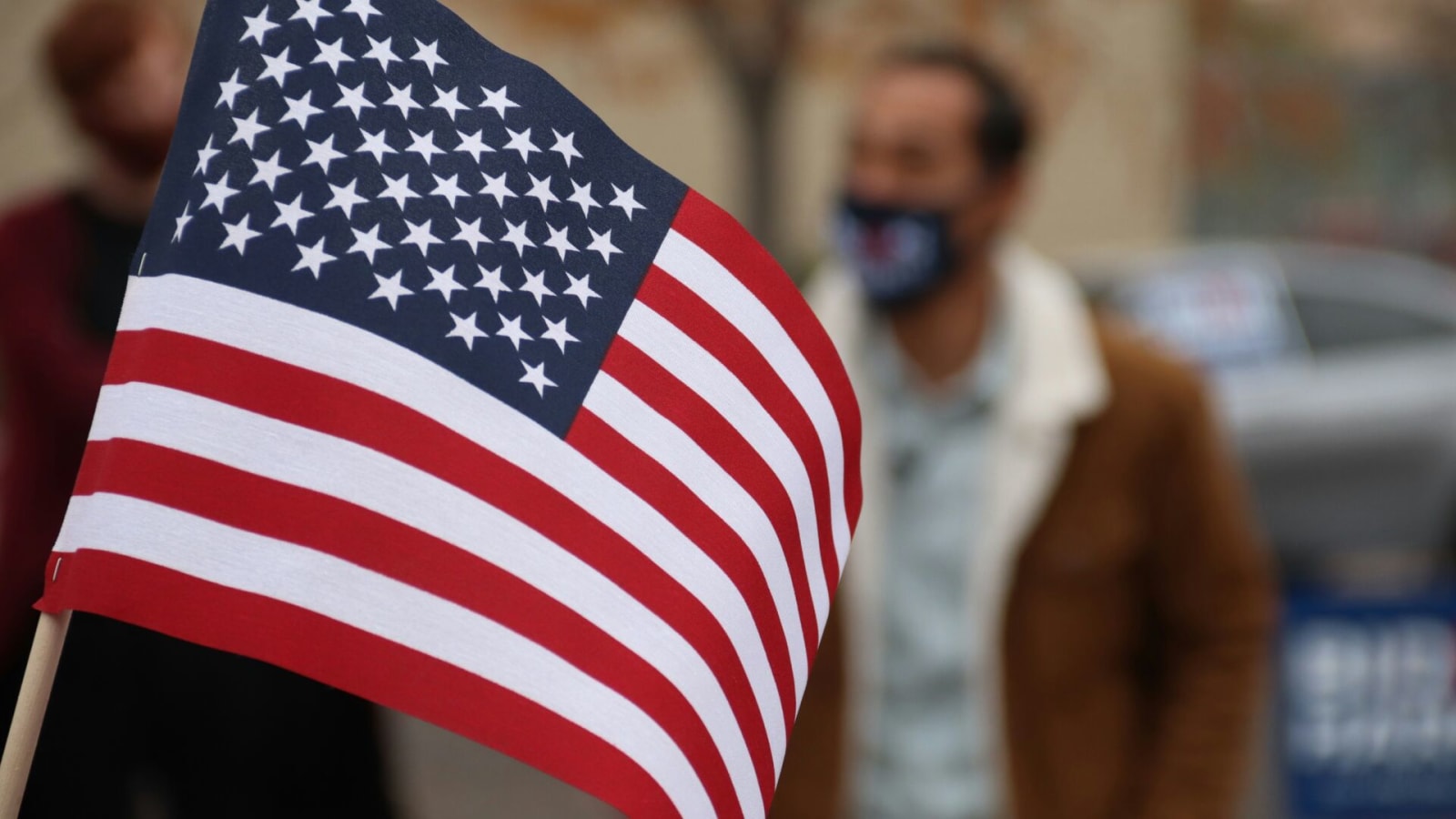Free Speech and Safety Concerns After Kirk's Death

The Impact of Charlie Kirk’s Assassination on Free Speech and Campus Security
The assassination of political activist Charlie Kirk at a Utah college has sparked widespread concern about the safety of individuals participating in public forums, particularly on college campuses. This tragic event has reignited discussions about the need for enhanced security measures to protect free speech and ensure that open dialogue remains a cornerstone of American society.
Kirk, the founder of Turning Point USA, was killed during the first stop of his “American Comeback Tour,” an event aimed at fostering discussions on freedom and American values. His death has led to a broader conversation about the risks faced by those who engage in public political discourse, especially in environments where differing viewpoints are expressed openly.
Following the incident, many elected officials have voiced their concerns about personal safety. U.S. Rep. Nancy Mace, R-S.C., announced she would avoid hosting any public or outdoor events due to the heightened risk. She emphasized that vocal individuals, regardless of political affiliation, face significant dangers. Her decision reflects a growing trend among leaders to prioritize security over public engagement in the wake of such violence.
Experts like Robert Sibley, special counsel at FIRE, argue that Kirk's killing represents a direct threat to free speech on college campuses. He suggests that the act was designed to discourage open debate and limit the ability of individuals to express controversial opinions. This sentiment is echoed by Carrie Lukas, president of the Independent Women’s Forum, who notes that political violence and threats to free speech have become increasingly common in recent years.
Lukas recalls instances where her organization’s events were disrupted by protesters and trespassers, highlighting the challenges faced by conservative groups. Victoria Coley, vice president of communications at the same organization, adds that security threats are becoming more frequent, with organizations needing to remain vigilant.
Research from the Cato Institute reveals that politically motivated violence has resulted in thousands of deaths in the United States since 1975, with the majority attributed to the 9/11 attacks. Despite this, Lukas emphasizes the importance of maintaining public events while implementing stronger security measures. She acknowledges that increased precautions may deter some from attending, but believes it is necessary to ensure safety.
Lukas also stresses the importance of continuing to uphold the right to free speech, even when dealing with controversial opinions. She argues that while people have the right to express their views, there must be clear boundaries between protest and destructive behavior. This includes actions such as barricading libraries, vandalizing buildings, and disrupting academic activities.
In response to such incidents, universities have taken steps to address disruptive protests. For example, Columbia University reportedly expelled or arrested around 80 students following last year’s demonstrations. The university stated that disruptions to academic activities violate its policies and will result in consequences. Additionally, the institution made a deal with the Trump administration to avoid losing federal funding related to its handling of protests and treatment of Jewish students on campus.
Sibley believes that colleges and universities should take a proactive approach to supporting free speech and allowing diverse political views to be expressed. He encourages institutions to invest in resources that make it possible for speakers like Kirk to engage with students without fear of violence. He asserts that no one should be silenced by the actions of murderers, and that campuses must continue to foster an environment where open dialogue can thrive.
As the nation grapples with the implications of Kirk’s assassination, the conversation around free speech, security, and the role of college campuses in promoting democratic values remains critical. The challenge lies in balancing the right to express controversial opinions with the responsibility to ensure the safety of all individuals involved.
Post a Comment